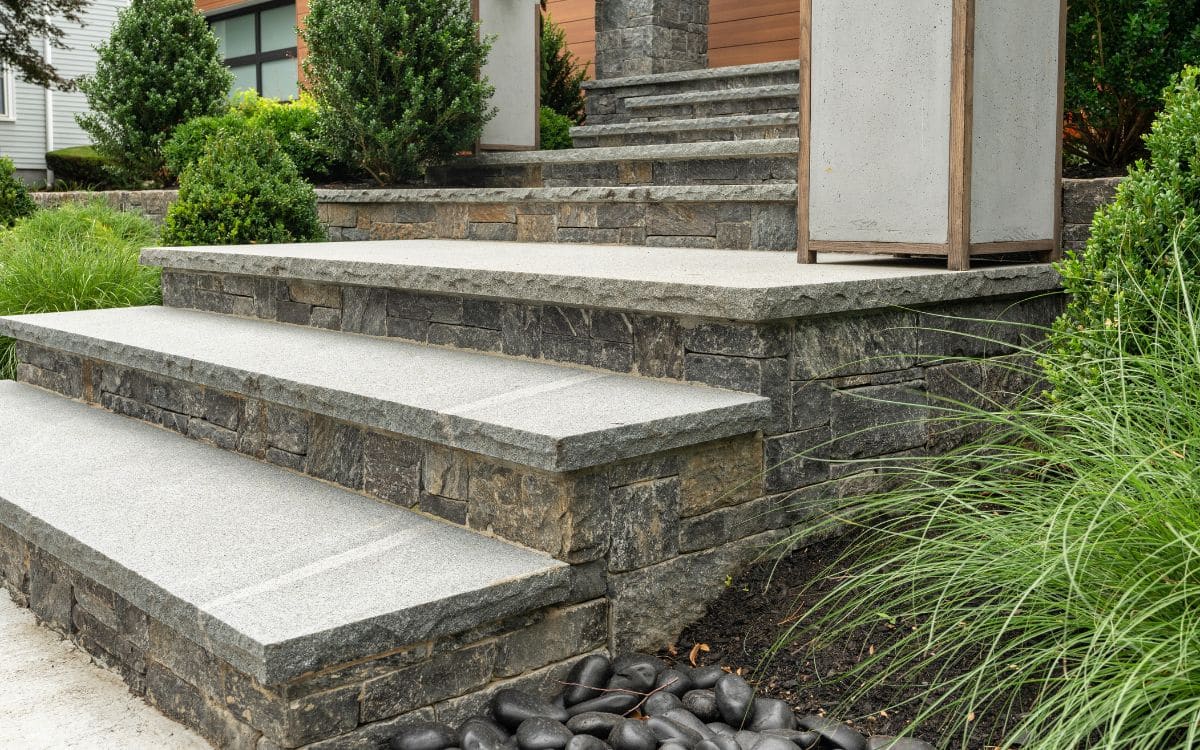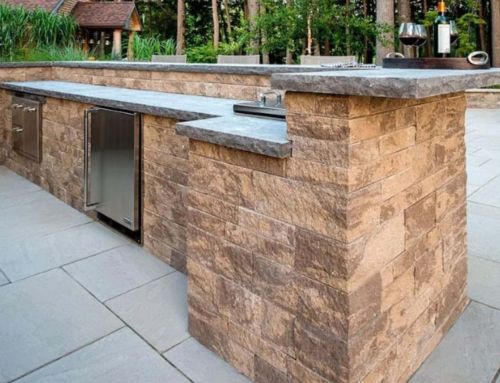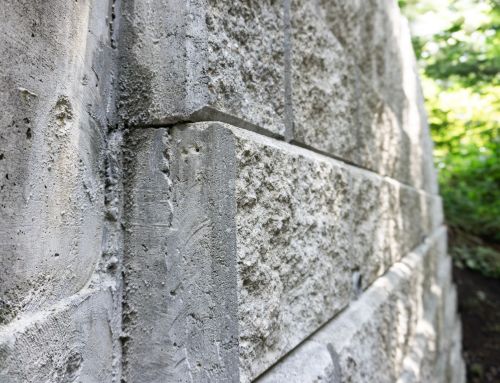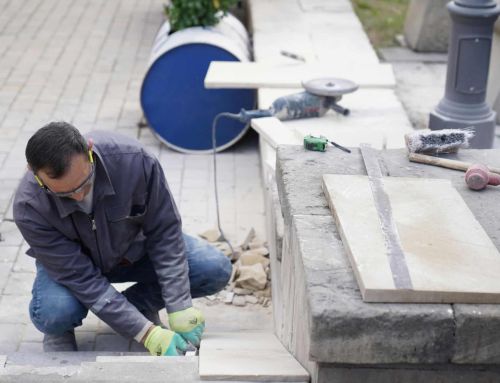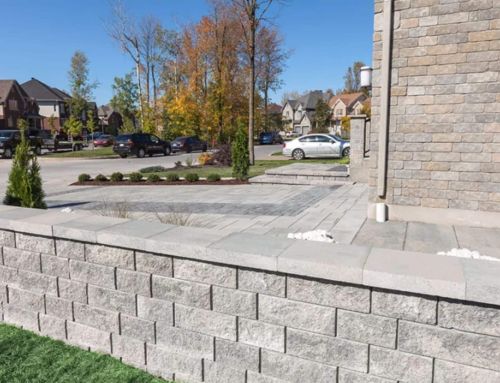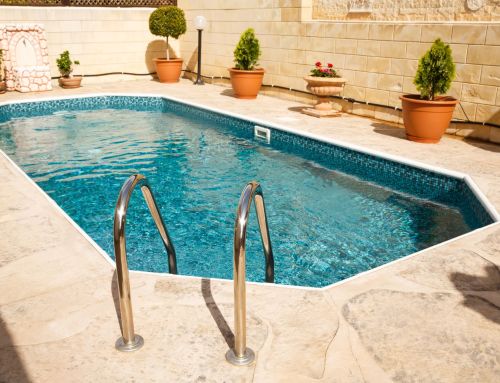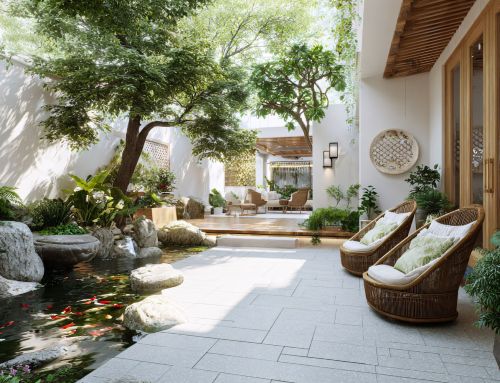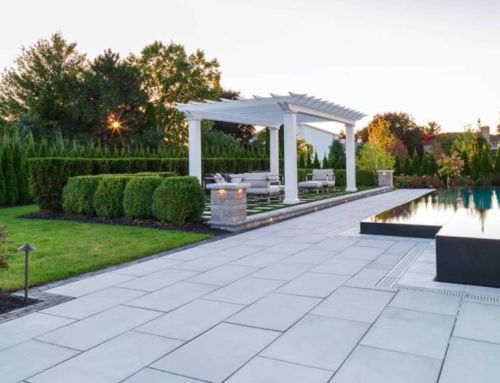Every year, thousands of homeowners replace their worn-out concrete or wooden steps with something that will truly stand the test of time. Natural stone treads have become the gold standard for both residential and commercial applications, offering an unbeatable combination of durability, safety, and timeless elegance that can last for decades with minimal maintenance.
When you’re considering upgrading your outdoor stairs, the choice of material makes all the difference between a temporary fix and a permanent solution. Natural stone treads represent more than just a building material – they’re an investment in your property’s value, safety, and aesthetic appeal.
What are Natural Stone Treads?
Natural stone treads are precisely cut pieces of stone designed to create safe, durable steps for outdoor and indoor applications. Unlike manufactured alternatives, these treads are carved from solid stone formations that have developed their unique characteristics over millions of years.
The natural texture of stone provides excellent grip, even when wet. This slip-resistant quality makes stone treads particularly valuable in areas that experience rain, snow, or morning dew. The material’s density also means it won’t shift or move under pressure, providing a stable surface that users can trust.
Natural stone steps require virtually no maintenance once properly installed. There’s no need for regular staining, sealing, or replacement like you’d find with wood or composite materials. An occasional cleaning is typically all that’s needed to maintain their appearance.
Popular Types of Natural Stone for Treads
Bluestone Treads
Bluestone stands as the most popular choice for stair treads, offering a distinctive blue-gray color that ranges from deep charcoal to lighter silver tones. This sedimentary stone provides natural slip resistance and exceptional weather durability.
Key Benefits:
- Naturally slip-resistant surface
- Excellent freeze-thaw resistance
- Available in blue color and a full range of color options
- Complements both traditional and contemporary designs
- Pairs beautifully with brick risers
The stone’s fine-grain structure creates a naturally textured surface that becomes even more effective over time as weather enhances its grip. Whether you choose the consistent, deeper tones of blue color bluestone or the varied appearance of full range color options, you’ll get a material that improves with age.
Limestone Treads
Limestone offers warm, off-white coloring that ranges from cream to light gray. This natural stone provides a softer, more organic appearance that works particularly well in Mediterranean, Spanish, or contemporary architectural styles.
Limestone Advantages:
- Warm, inviting color palette
- Excellent for moderate climates
- Easy to customize and shape
- Develops beautiful patina over time
- Natural variation makes each piece unique
The stone’s slightly softer nature compared to granite allows for more intricate edge details and custom work, making it a favorite among designers who want flexibility in their installations.
Granite Treads
When maximum durability is the priority, granite treads represent the premium choice. This igneous stone offers unmatched strength and weather resistance, making it ideal for high-traffic areas or where longevity is paramount.
Granite Features:
- Exceptional hardness and durability
- Minimal maintenance requirements
- Wide range of colors and patterns
- Highly resistant to staining and scratching
- Available in custom thicknesses (like 1.5″ Luminaris granite)
The crystal structure in granite creates natural patterns that are both beautiful and unique, ensuring your installation will be one-of-a-kind.
Specialty Stone Options
Several unique stones offer distinctive characteristics for those seeking something different:
- Teakwood Stone: Features wood-grain-like patterns with stone durability
- Jurassic Stone: Contains fossil-like patterns and ancient organic textures
- Blue Ice: Available in natural cleft or sawn thermal finishes
- Imported Rainbow: Offers subtle color variations and natural banding
Stone Tread Specifications
Standard Dimensions and Thickness
Most natural stone treads follow industry standards for consistency and safety:
- Standard Thickness: 2 inches (with exceptions like Luminaris granite at 1.5″)
- Widths: Multiple options available to fit different stair configurations
- Lengths: Custom cutting available for specific project needs
- Custom Sizing: Radius cuts are possible for curved applications
Edge Finishing Options
The edge finish you choose affects both appearance and safety:
Sawn Thermal Edge
- Most popular choice
- Slightly rough texture from heat treatment
- Excellent slip resistance
- Standard on most bluestone treads
Rockface Edge
- Hand-chiseled for a natural, irregular appearance
- Standard on limestone and specialty stones
- Provides a rustic, traditional look
- Excellent grip characteristics
Bull Nose Edge
- Custom finish with a rounded edge
- Created through grinding and sanding
- Modern, sleek appearance
- Requires custom fabrication
Eased Edge
- Softly rounded edges
- Contemporary design appeal
- Comfortable feel underfoot
- Moderate custom work required
Installation and Design Considerations
Foundation Requirements
Proper installation starts with a solid foundation. Natural stone treads require:
- Adequate Base Preparation: Compacted gravel base minimum 6 inches
- Proper Drainage: Critical for preventing frost damage
- Level Foundation: Ensures even weight distribution
- Appropriate Mortar: Weather-resistant adhesive systems
Design Applications
Natural stone treads work beautifully in various settings:
- Front Entrance Steps: Add timeless curb appeal with durable stone steps that make a lasting first impression.
- Garden Pathways: Enhance your landscape with natural stone treads that blend beautifully into the surroundings.
- Pool Areas: Choose slip-resistant stone treads for a safe, stylish surface around pools and water features.
- Commercial Buildings: Install stone treads that stand up to heavy traffic while elevating the building’s appearance.
- Covered Porches: Highlight architectural charm with natural stone steps that perform well in sheltered outdoor spaces.
Popular Design Combinations
- Stone treads with brick risers: Classic, timeless appearance
- Natural stone veneer risers: Coordinated, seamless look
- Integrated lighting: Enhances safety and ambiance
- Mixed materials: Creative combinations with concrete or steel
Safety and Durability Features
Weather Resistance
Natural stone treads perform exceptionally well in all weather conditions thanks to their durability. They resist cracking in freeze-thaw cycles, maintain vibrant color under UV exposure, shed moisture effectively, and remain stable without expanding or contracting in temperature changes.
Slip Resistance
The natural texture of stone offers reliable safety, providing excellent grip in wet conditions without the need for additional treatments, and it maintains consistent traction over time without wearing smooth like manufactured materials.
Cost Considerations and Value
Several factors affect the total cost of natural stone treads, including the type of stone, thickness, edge finish, and project size. Granite typically costs more than limestone; custom thicknesses and edges increase fabrication costs, and bulk orders may reduce the price per piece. Local availability can also influence pricing.
Despite a higher upfront investment, natural stone treads provide excellent long-term value. They can last over 50 years with minimal maintenance, enhance property resale value, and eliminate the need for frequent replacements, making them a cost-effective choice over time.
Maintenance and Care
Natural stone treads require minimal maintenance to stay beautiful:
Regular Care
- Seasonal Cleaning: Remove debris and organic matter
- Occasional Washing: Use mild soap and water as needed
- Ice Removal: Use sand instead of salt in winter
- Inspection: Check for any shifting or settling annually
Long-Term Maintenance
- Professional Cleaning: Every 3-5 years if desired
- Joint Maintenance: Repoint mortar joints as needed
- Sealing: Optional for some stone types in harsh climates
Choosing the Right Stone for Your Project
Climate Considerations
Your local weather patterns should influence your stone choice:
- Cold Climates: Bluestone and granite perform best
- Moderate Climates: Limestone offers beautiful options
- Wet Areas: All natural stones provide good slip resistance
- Sunny Locations: UV-stable stones maintain color
Design Compatibility
Consider your home’s architectural style:
- Traditional Homes: Bluestone with brick risers
- Contemporary Design: Granite with clean lines
- Mediterranean Style: Limestone in warm tones
- Rustic Settings: Specialty stones with natural edges
Conclusion
Natural stone treads offer a winning combination of beauty, resilience, and long-term value. Whether you’re designing a front entry, garden steps, or a commercial stairway, choosing the right stone can dramatically enhance both safety and curb appeal. From the classic charm of bluestone to the sleek durability of granite, these materials withstand the elements and time with grace. With the right foundation, finish, and design strategy, stone treads are more than just a step up. They are a lasting investment in your home or landscape.
Ready to upgrade your outdoor stairs with premium natural stone treads? Visit Old Station Outdoor & Landscape Supply in Norton, MA to explore our wide selection of high-quality stone options, including bluestone, limestone, granite, and specialty cuts. Our experts are here to help you choose the right material, edge finish, and sizing for your project. Stop by our showroom or contact us today to get started on a stairway that stands the test of time.
FAQs
What is a stone tread?
A stone tread is a flat piece of natural stone cut to specific dimensions that serves as the horizontal stepping surface of a stair, providing a durable and slip-resistant platform that will carry foot traffic safely for decades.
What is natural stone flooring?
Natural stone flooring consists of stones like marble, granite, limestone, or slate that are cut into tiles or slabs and installed as permanent floor surfaces, offering durability and natural beauty that will match any design style for future generations.
Are natural stone steps expensive?
Natural stone steps typically cost $20-50+ per square foot, depending on the stone type, but they’re a smart pick for long-term value since their life span exceeds 50+ years with minimal maintenance compared to alternatives.
What is a natural stone surface?
A natural stone surface is the exposed face of quarried stone that retains its original geological characteristics, textures, and patterns formed over millions of years, creating a road to unique visual appeal and natural slip resistance in any application.
How do I pick the right material for stair treads?
The best stair treads match your climate, budget, and design style – natural stone options like bluestone and granite offer superior performance for future decades compared to other materials.

